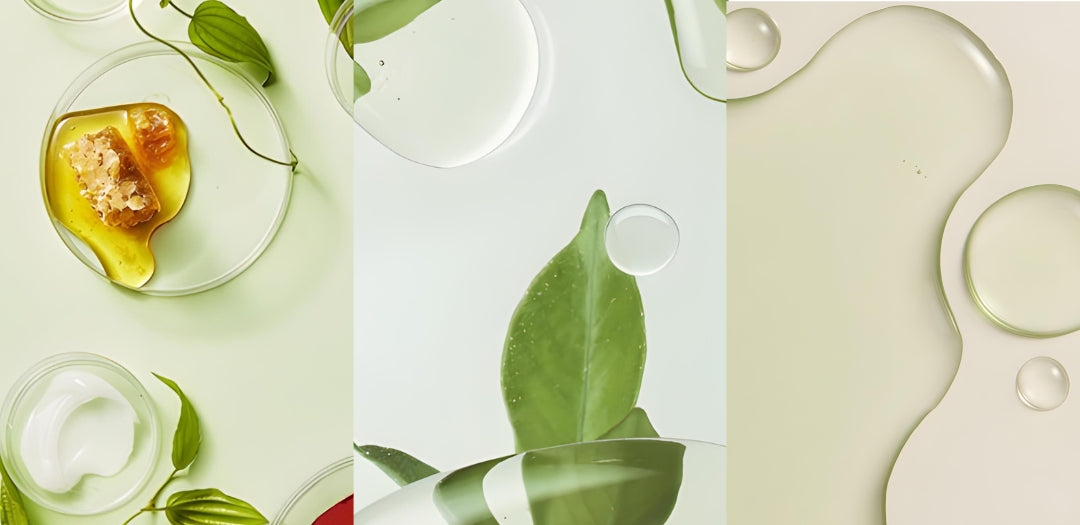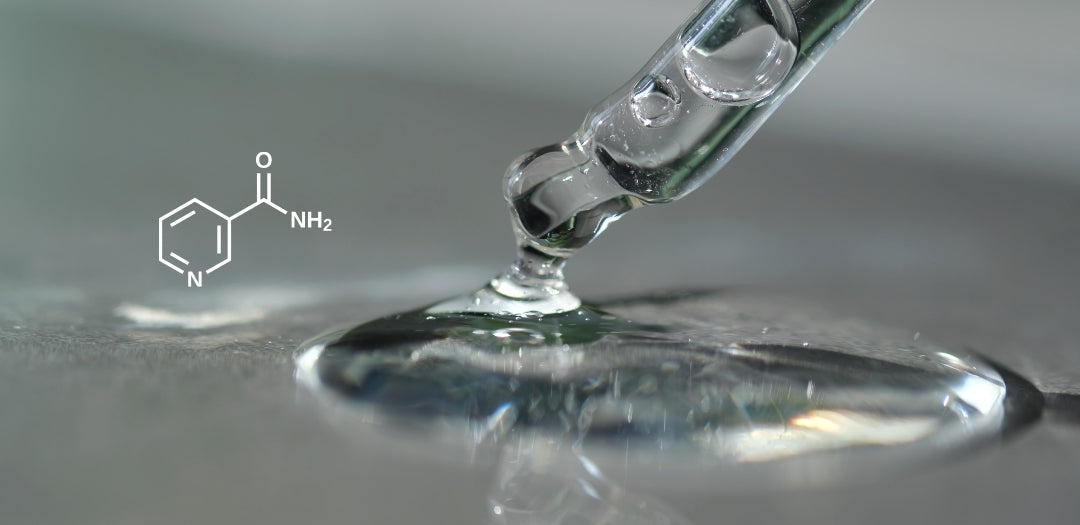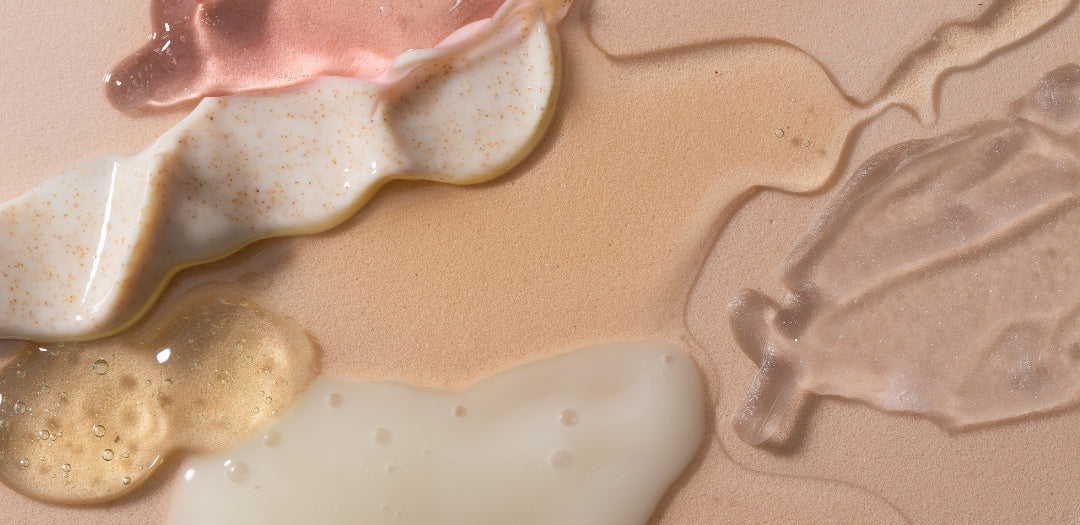Promoting healthy skin begins by using skincare and cosmetic products that prioritize clean ingredients. It is crucial to exercise caution and be aware of the ingredients present in these products, as many have been associated with health concerns like cancer and endocrine disruption. Clean ingredients, which are non-toxic and safer, are preferable to certain natural ingredients. By opting for clean beauty options, you can minimize your exposure to harmful chemicals and avoid dehydrating ingredients commonly found in regular cosmetics and skincare products.
Here are some ingredients to be cautious of:
- Parabens: Parabens are frequently used as preservatives in cosmetic products but have been linked to hormone disruption, fertility issues, reproductive organ impact, and increased cancer risk. They can also cause skin irritation. Watch out for ingredients like methylparaben, ethyl paraben, propylparaben, and butylparaben. Clean cosmetics and skincare products typically exclude parabens.
-
Artificial Fragrance and Essential Oils: Fragrances have the potential to cause skin irritation, resulting in redness, itching, and even hives. They are commonly included in products to impart a pleasant scent or mask unpleasant odors. Essential oils, despite their natural origins, can also trigger allergic reactions. Allergic responses to essential oils may manifest as skin rashes, runny nose, itchiness, and difficulty breathing. It is recommended to opt for fragrance-free and essential oil-free alternatives, particularly when selecting skincare and cosmetic items for the face, neck, or eye area. These areas of the skin are thinner and more sensitive to the potentially negative effects of fragrances and essential oils.

- SLS and SLES: SLS (Sodium Lauryl Sulfate) and SLES (Sodium Laureth Sulfate) are surfactants commonly found in numerous health and beauty products for their foaming and cleansing properties. Prolonged use of SLS and SLES can irritate the eyes, skin, and lungs. SLS can strip the skin of its natural oils, causing dryness, irritation, and allergic reactions. It can also be irritating to the eyes. To protect your skin, avoid products containing SLS and SLES.
- Oxybenzone: Oxybenzone is a chemical compound present in many over-the-counter sunscreens, personal care, and skincare products. It can potentially irritate the skin and contribute to acne. If you are pregnant or have sensitive or acne-prone skin, it is advisable to avoid products containing oxybenzone. Instead, opt for mineral-based sunscreens, as they are less likely to cause acne. Look for sunscreens labeled as oxybenzone-free, such as "put simply beat the sunscreen."
- Phthalates: Phthalates are a group of chemicals used to enhance the durability of plastics. They can be found in various products, including vinyl flooring, lubricating oils, and personal care items like soaps, shampoos, and hair sprays. Phthalates have been linked to endocrine disruption, developmental and reproductive toxicity, and cancer.
- Dyes: The inclusion of dyes in skincare products carries potential risks for your skin's health and overall well-being. Manufacturers add artificial dyes to alter the color of products and make them more visually appealing to consumers. However, these artificial dyes have often been associated with issues concerning acne-prone skin due to their potential to cause irritation. Additionally, they can disturb the natural oil balance within your skin's microbiome, leading to an escalation in blemishes and breakouts.
- Drying alcohol: Alcohol has detrimental impacts on the protective surface of your skin, resulting in the depletion of vital substances needed for healthy skin and aggravating oiliness. Ultimately, it contributes to the aging of your skin. Over time, the chronic use of alcohol can disrupt your skin's barrier function, enabling moisture to escape and creating openings for potential irritants to enter. As a consequence, this frequently leads to skin redness and inflammation.
Conclusion
To summarize, it is crucial to prioritize clean ingredients when choosing skincare and cosmetic products for healthy skin maintenance. By being mindful of potentially harmful ingredients and avoiding them, you can minimize the chances of experiencing negative health effects. Opting for clean beauty options allows you to shield your skin from toxins and harsh substances commonly found in regular products. Embracing ingredient-conscious choices not only supports healthier skin but also contributes to your overall well-being.


 Beat The Sun Sunscreen
Beat The Sun Sunscreen Water Dam Moisturiser
Water Dam Moisturiser Ray Away Sunstick
Ray Away Sunstick Daily Afftermation Serum
Daily Afftermation Serum Bundles
Bundles


